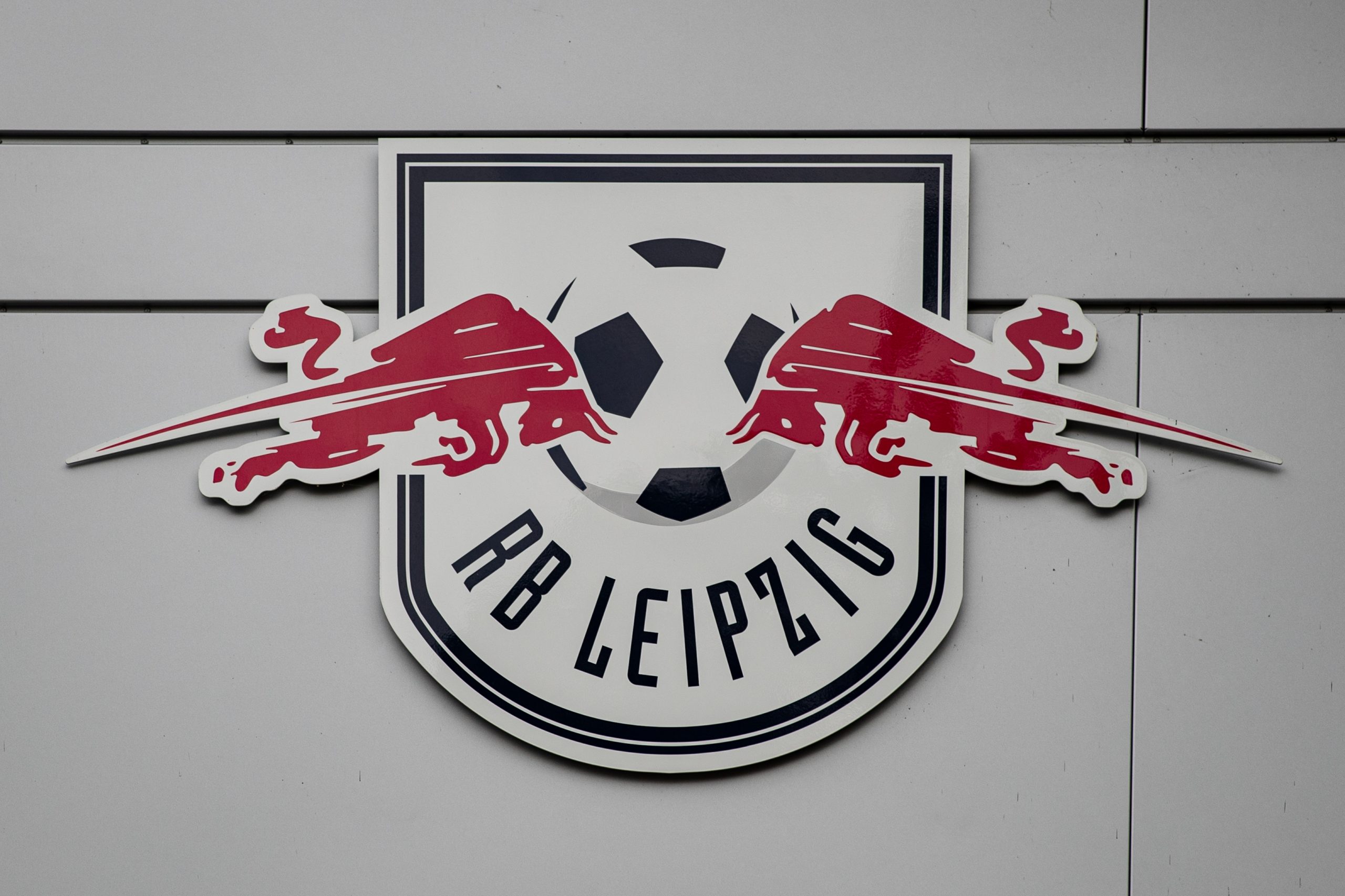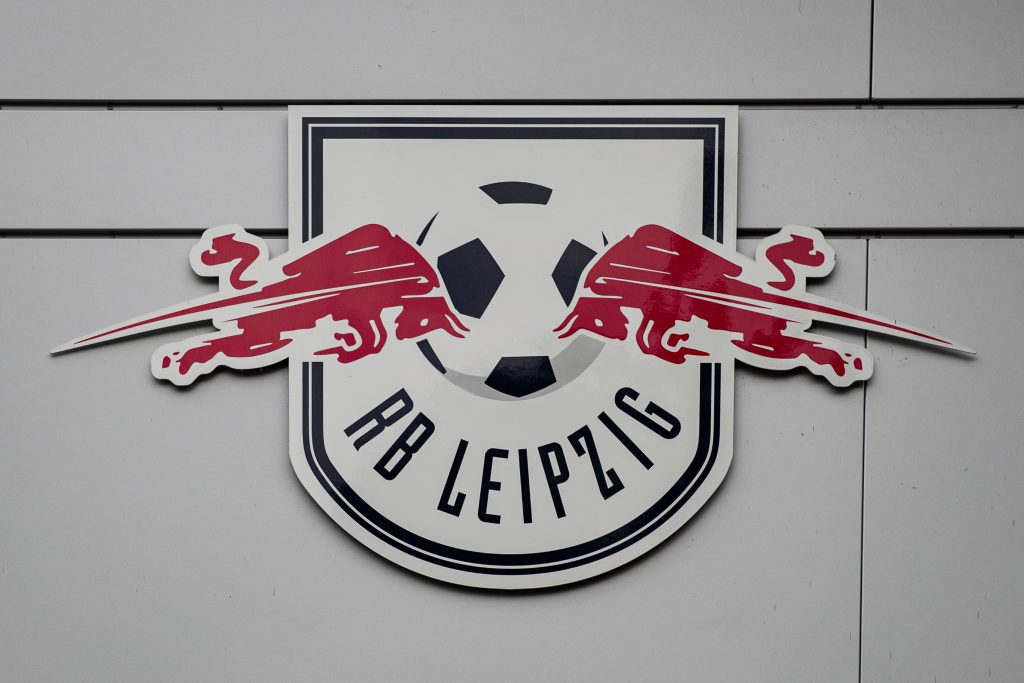Howard Green critiques English football fans’ calls for the Premier League to adopt the Germany’s corporate football model
It’s been over a month since some of the most loyal Manchester United fans stormed into their home ground and led to the postponement of their match against Liverpool. This powerful example of direct action truly shook the owners, the Glazer family, to their core and the protest may somewhat affect the behaviour of the elite who rule the top clubs for years to come.
The event is not beyond criticism however. What was a wholly unorganised affair, many of the protestors lacked a concrete universal demand. The majority of those who attended were calling for the end to the Glazer reign, and similarly many of the other protestors held up signs demanding for reform to the ownership model in favour of the ‘50+1’ model.
The 50+1 rule refers to the ownership and structure that German football league clubs must follow in order to participate in their leagues. Before 1998, West German football clubs were run as non-for-profits, and East German much the same. Effectively the 50+1 clause ensures an ‘acceptable’ amount of private commercial influence with the club members retaining the majority of the ownership and voting rights of the club.
In many ways the 50+1 rule is certainly favourable to the immense power that many of the Premier League’s club owners hold, shown by the suggestions of the European Super League. Enshrining the rights of supporters and those who have more than just a monetary stake in the club is important in football. However in many ways, the 50+1 rule has failed in particular circumstances, further putting doubt on whether capitalism can responsibly handle football, let alone any other important aspect of our lives.
The largest problem with the 50+1 rule is that it doesn’t go far enough. If we are going to expect true, fair and engaging development of the sport in which is accessible to the masses, it must coincide with greater social change. Saying this, implementing the 50+1 rule as football is now in this country would be much harder than properly restructuring football provided Britain one day sees a socialist future.
To demonstrate the sheer power of the owners of the most elite, and even some of the lesser elite football clubs, in the UK and the rest of Europe has been in no doubt demonstrated through the proposal of the European Super League. What effort does the current tory government have in wanting to change and reform football for the better, when just over a year ago they took no issue with a failed attempt by a murderous and unethical dictatorship in purchasing Newcastle United. Owners just have far too much power, and their global brand power undoubtedly has an influence on what this government does.
Those advocating for the 50+1 rule must realise that the rule has failed to set out what it was intended to do. Although German clubs and the Bundesliga can take pride in that none of their elite clubs were tempted by the prospect of the Super League, would this have been the case if RB Leipzig was ever considered for a spot?
The prime example of the failures of 50+1 has been RB Leipzig. Although representing a city on the East of the Inner German Border, Leipzig’s sharp rise to the elite of European football has pissed off the majority of German fans. After purchasing the playing rights of SSV Markranstädt, energy drinks manufacturer Red Bull built a footballing empire, with their gem being in Leipzig. Dramatic rises in football and underdogs are part of the reason why the sport is so beloved, however RB Leipzig’s rise through the truly unsporting system of capitalism is abusive.
RB Leipzig’s manipulation of the 50+1 model comes in their membership cost. Many of the other Bundesliga clubs have hundreds of thousands of voting members, in which clubs will charge a fee of about 30 to 60 pounds per year to obtain voting rights. In 2016, it was stated that RB Leipzig only had 17 members which could vote on club matters, with even some paying for £1000 membership without having voting rights. Even more, those 17 members were all Red Bull employees. This however is not deemed a breaking of the 50+1 rule, making the existence of the rule ultimately pointless.
The Bundesliga also overlooks clubs who have been historically tied to a particular corporation. VFL Wolfsburg, owned by Volkswagen, and Bayer 04 Leverkusen, owned by Bayer, do not have to adhere to the 50+1 rule. Similarly, 1899 Hoffenheim have been allowed to not adhere, who’s sharp rise through the money from software corporation SAP has seen them disrupt the Bundesliga.
There are many admirable things about the structure and organisation German football. The existence of the rule is far better than what the Premier League has to offer. Ticket prices aren’t too high, compared to the ridiculous prices some Premier League’s charge. However, the abuses that are shown through the manipulation of what is considered a standout example of the fairness of football in Germany ultimately answers a dilemma that all football fans should be aware of.
If we believe our football clubs to be precious aspects of our culture, why should they continue to be at the hands of unforgiving corporations or even foreign dictatorships? Success can indeed come from the money that is poured into the sport, but as seen from RB Leipzig, this likely comes at a democratic, engaging and monetary disadvantage for the fans. The myth of football’s development being succinct with capitalism has fallen apart, and the 50+1 rule is a failure at manipulating capitalism into something less demonic. Instead, far more radical change in our sport should coincide with our beliefs of a socialist future.
Howard Green, is a member of the YCL’s East of England branch




